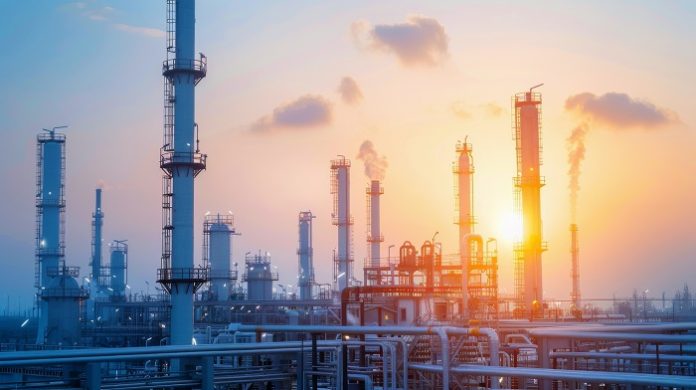The Sri Lankan government has partnered with Sinopec to fast-track the construction of a proposed $3.7 billion oil refinery in the southern port city of Hambantota.
Foreign minister Vijitha Herath announced that the two parties will collaborate to determine the share of refined fuel they will export.
A Landmark Investment for Sri Lanka
“This is one of the largest foreign investment projects Sri Lanka has ever received, and we believe it will be vital for our development,” Herath stated.
He emphasized the government’s commitment to advancing the project, which had been under discussion for years, and expressed hope to commence construction soon.
Although Herath did not disclose details about the refinery’s planned capacity, he highlighted its importance in addressing Sri Lanka’s reliance on imported oil.
Reducing Oil Dependency
Currently, Sri Lanka is entirely dependent on imported oil, which costs the nation billions of dollars annually.
The Hambantota facility is expected to significantly reduce the country’s dependency on smaller refineries.
The project aligns with Sri Lanka’s broader strategy to attract foreign investments and stabilize its economy, which collapsed during a severe foreign exchange crisis in 2022.
Following a $2.9 billion International Monetary Fund (IMF) program in 2023, the country has shown signs of recovery.
Overcoming Initial Challenges
Herath revealed that the Sri Lanka government and Sinopec aim to resolve issues related to land, taxes, and water within a month.
He added that the refinery could enhance the operations of the Chinese-built Hambantota Port. It could offer bunkering services, transforming the port into a regional hub.
Sinopec representatives in China and Sri Lanka did not immediately comment on the agreement.
Strengthening China-Sri Lanka Ties
The agreement follows the signing of fifteen cooperation documents between Sri Lanka and China. This took place during President Anura Kumara Dissanayake’s visit to Beijing.
These agreements, which include economic and technological development initiatives, mark a strengthening of bilateral relations.
Dissanayake’s trip to China, Sri Lanka’s largest bilateral lender, occurred shortly after his visit to India. The authorities did not disclose the specifics of the agreements signed with China.
Balancing Interests with India
Sinopec’s refinery project positions China in direct competition with India. India has been seeking to expand its role as an energy supplier to Sri Lanka.
Herath confirmed that Colombo is continuing discussions with India regarding a proposed fuel pipeline between the two countries.
As reported by msn.com, he welcomed potential refinery proposals from India. This signals Sri Lanka’s intention to balance relationships with both regional powers.
































